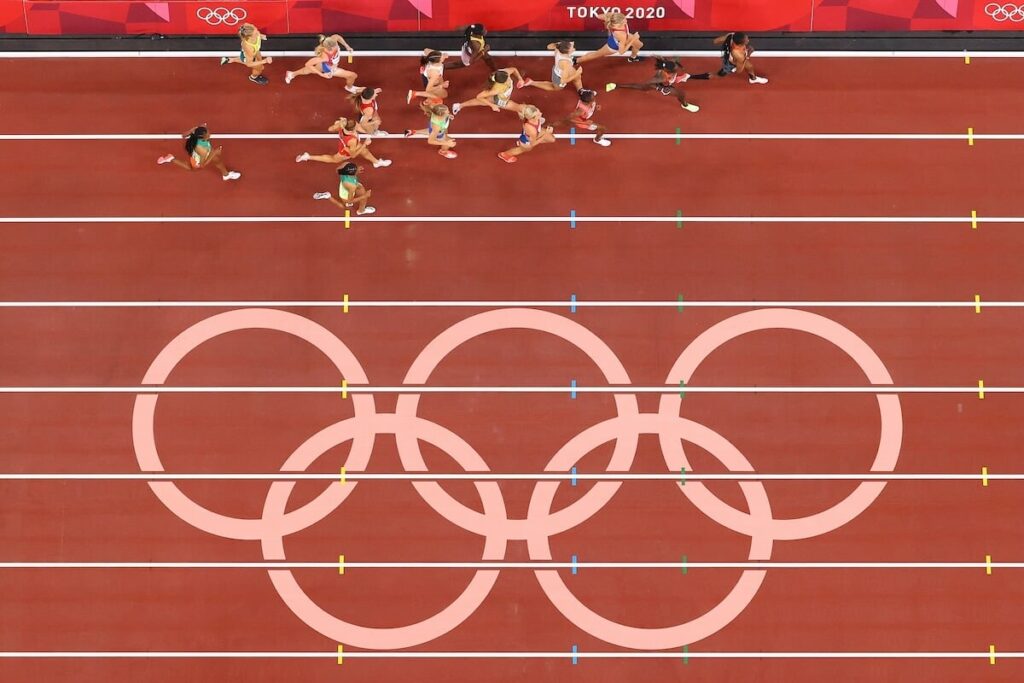Track and field gold medalists at this summer's Paris Olympics will receive a $50,000 prize from the sport's governing body, marking the first time an international federation has rewarded athletes for Olympic success.
World Athletics, the international governing body that oversees track and field, announced Wednesday that a $2.4 million pot will be distributed among 48 track and field competitions, drawing on funds from the International Olympic Committee's revenue-sharing allocation. The individual winner receives his full $50,000, and the top relay team divides the prize money among its members.
World Athletics said in a news release that it plans to expand the prize pool to include silver and bronze medalists at the 2028 Los Angeles Olympics.
World Athletics president Sebastian Coe said the prize money was meant to “empower athletes and make them aware of the important role they play”.
“It’s impossible to put a market value on the effort and focus it takes to win an Olympic medal or represent your country at the Olympics, but you can start somewhere and make sure you get a portion of the revenue generated. “I think it's important to ensure that the achievements of athletes at the Olympic Games go directly back to the people who make the Olympics a global spectacle,” Coe said in a statement.
Many countries, including the United States, pay Olympic medalists. At the Tokyo Games, the United States Olympic and Paralympic Committee awarded gold medalists $37,500, silver medalists $22,500 and bronze medalists $15,000. Seven of Team USA's 39 gold medals in 2020 came from track and field.
However, the IOC and each sport's governing body traditionally do not pay prize money to winners, and Wednesday's announcement represents a fundamental change for the future of athletics.
It is unclear whether Olympic track and field athletes will start competing at the collegiate level or continue competing. You can receive World Athletics prize money while maintaining your eligibility. The NCAA did not respond to requests for comment. Under the NCAA's name, image, and likeness (NIL) rules, college athletes can receive payments for partnering with brands to promote products or appearing at promotional events, but athletic Receiving direct compensation for performance is a violation of NCAA eligibility rules.
NCAA rules allow athletes to receive prize money from the USOPC while maintaining their collegiate eligibility, but currently prohibit them from receiving similar payments from individual sports organizations.that This distinction is the basis of Reese Brandtmeyer's case., a University of North Carolina student who is ranked No. 2 in singles and No. 1 in doubles (with partner Elizabeth Scotti) by the Intercollegiate Tennis Association, has filed a lawsuit against the NCAA in the U.S. District Court for the District of North Carolina. Brantmeyer is asking law enforcement to prohibit the NCAA from collecting prize money from individual athletes like her.
Must read
(Photo: Rob Carr/Getty Images)

